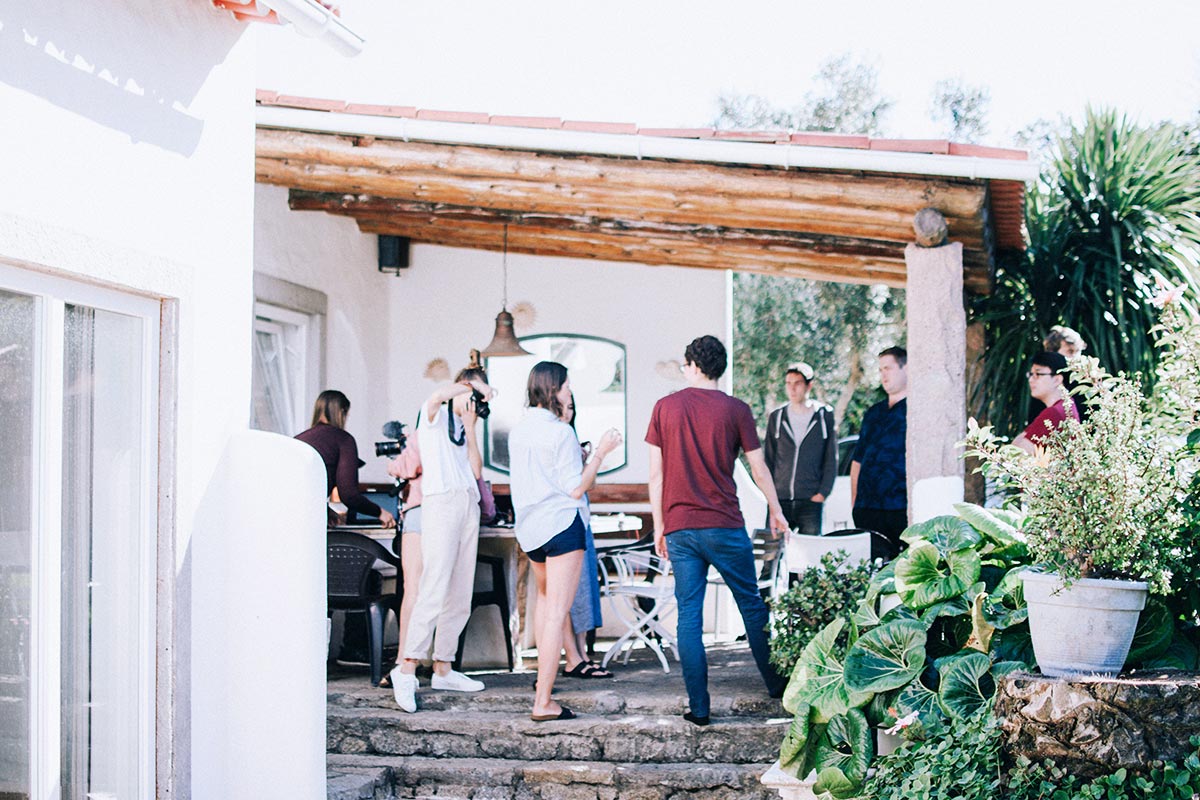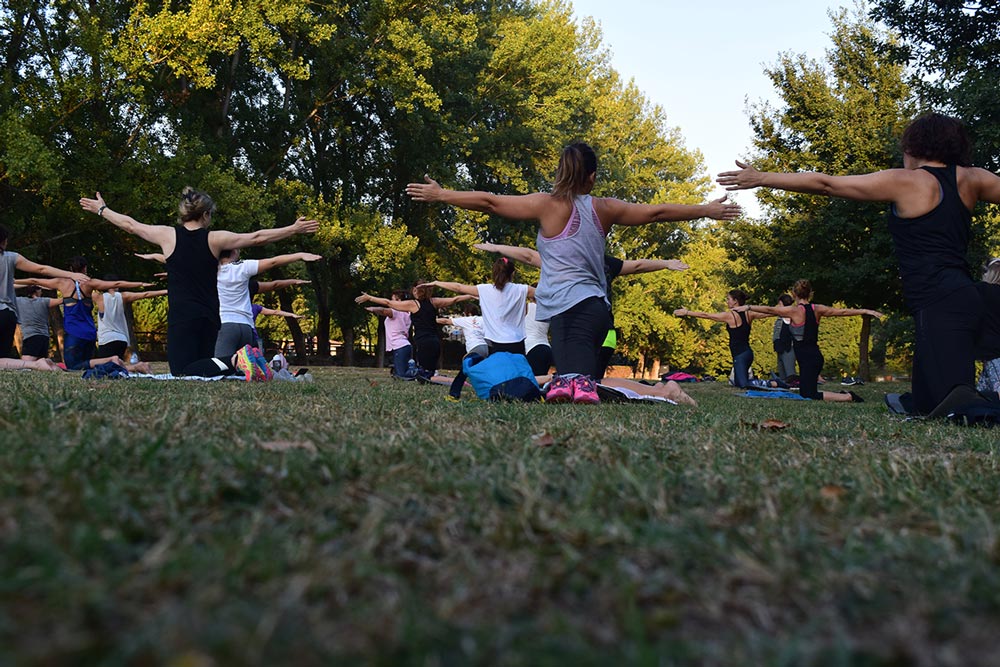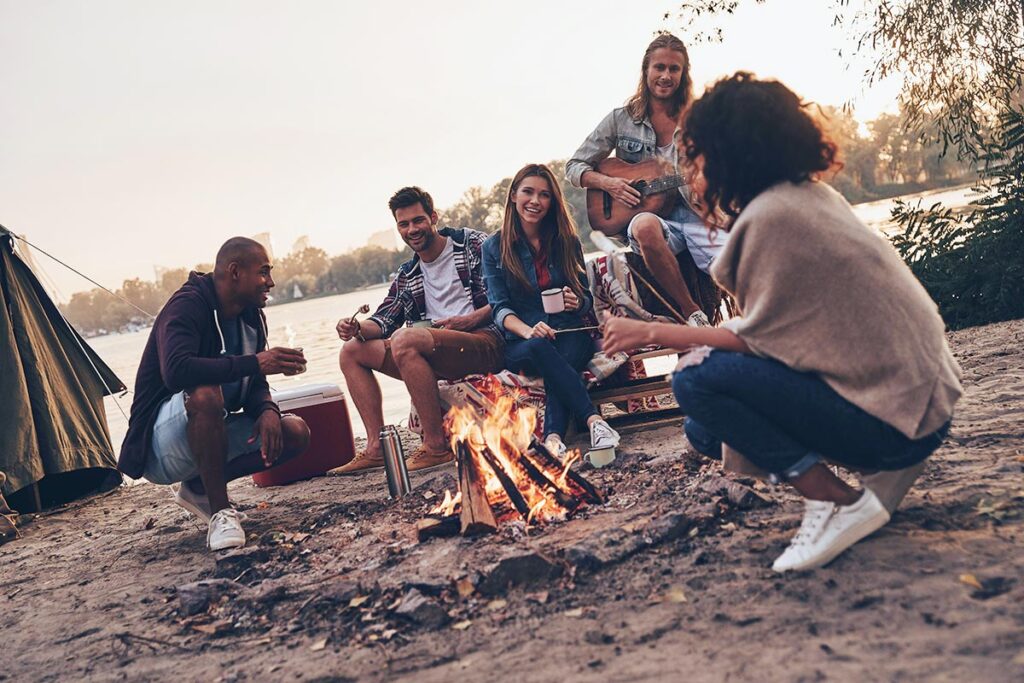For the 46.3 million Americans struggling with addiction, self-help groups like Alcoholics Anonymous are the primary point of contact with recovery and with treatment. However, many people increasingly look towards alternatives to 12-Step. Refuge Recovery is one of the largest of those – offering many of the same services and features as 12-Step groups like Al-Anon – but without the focus on higher power. In fact, Refuge Recovery is a non-theistic and non-12-step self-help group. That makes it an extraordinarily popular option for individuals looking for substance use recovery outside of the norm of 12-step.
In addition, as a peer-led support group, Refuge Recovery is completely free. IT’s also based on Buddhist principles, which means it has structure and concepts that you may already be familiar with. And, with 16,000+ members across the country plus virtual meetings, you can often find meetings, retreats, and events to attend.
What is Refuge Recovery?
Refuge Recovery is non-12-step non-theistic self-help recovery. It functions similarly to 12-step groups in that you meet up, use literature and processes to guide meetings, and you share. However, the literature is based on Buddhist teachings rather than on the Christian bible. In addition, Refuge Recovery literature asks its members to find faith in themselves and their goals, rather than in a higher power. You still get free help, group meetings, and help getting clean and sober. However, you’ll do so with mindfulness practices, group sharing, and guided sessions. That can be a lot different than 12-step you might be used to, however, the basic principle is exactly the same.
How Does Refuge Recovery Work?
Refuge Recovery offers multiple treatment services to help you overcome substance use disorders. For example:
Self-Help – Refuge Recovery is primarily a support group, meaning that it offers peer support. In some cases, sessions will have volunteers who are trained therapists or counselors. However, the meetings are self-help and are not intended or suitable as a replacement for behavioral treatment and help. Instead, like 12-step, it’s typically intended as aftercare and to supplement your behavioral treatment. These meetings are very similar to AA meetings and have a theme, reading material, a sharing session, and discussion.
Therapy – Refuge Recovery invests into offering relapse prevention, therapy, and sober living options. These are not available everywhere. However, it means that you can opt into a Refuge Recovery treatment program with CBT, EMDR, attachment theory, motivational interviewing, mindfulness, and other treatment techniques available. These use evidence-based treatment with complementary therapy and skills-based treatment as an add-on. Some peop,le will go on to a standard outpatient treatment center afterwards for additional support.
Sober Living Programs – You can join a sober living program with Refuge Recovery to stay in a sober location – typically with daily mindfulness, yoga, or meditation involved. This program may be available in general or after you’ve finished a Refuge treatment program depending on your location.
What is Attending Refuge Recovery Like?
Refuge Recovery operates on the basis that most people use drugs and alcohol to self-medicate. So, joining Refuge Recovery means agreeing to look for coping mechanisms that have a positive impact on your health and well-being. It means agreeing to abstain from drugs and alcohol. Unlike with 12-Step, you don’t have to be clean or sober for a certain amount of time. However, you will be asked to abstain for the future and you will be offered help in doing so.
Refuge Recovery itself is structured much like Alcoholics Anonymous with meetings. You also get mindfulness meditations as part of every group. In addition, Refuge Recovery uses the Eightfold Path and the Four Truths instead of the 12 Steps.
Meetings – Meetings mean showing up and talking to each other on a set theme or topic. Typically, every meeting starts with a chosen person or facilitator reading material and guiding the group. Here, a volunteer will always be asked to step up to read additional content or material on the theme. Then, you’ll have a 20 minute meditation to set the focus for the meeting. From there, you’ll have a discussion on topics, where every member gets at least 3-5 minutes to share. You’ll also get a reading assignment, which like with 12-Step, is typically from the Refuge Recovery literature. In this case, the Eightfold Path, Four Truths, or Refuge Recovery. From there, the meeting is closed, any donations are accepted, and the group helps with cleanup. That’s a very loose structure, but it’s consistent from meeting to meeting. This means you’ll always know what to expect.
Meditation – Every meeting includes at least 20 minutes of mindfulness meditation. However, you can also opt into other mindfulness and meditation practices. These are typically 20 minute guided sessions focusing on one of four aspects; body and breath, feelings, mind state, and truth. In each case, you’ll meditate to achieve those goals. You can also typically ask for help building a mindfulness or meditation practice at home. However, the help you get will depend on where you’re at and what resources your chapter has.
Is Refuge Recovery Effective?
Refuge Recovery was founded in 2014 as an answer to mainstread addiction recovery techniques. Its founder Adame Levine is an author and counselor who uses a mix of Buddhist principles and teachings and counseling psychology in his work. Today, the group stands on its own but is based around the literature written by Levine.
This means that Refuge Recovery is based on writings by someone with a Master’s in Counseling Psychology – although it does include tenants and principles from Buddhism as well. It also incorporates evidence-based treatment including
- Meetings – Self-help meetings have been shown to have positive outcomes on recovery outcomes, mostly through the mechanism of social accountability. Meetings also give individuals structure and a point in time to hold out till, giving renewed motivation and reasons to stay clean and sober.
- Behavioral Therapy – Behavioral therapy is the treatment proven to be most effective in helping people recover from substance use disorders. While not part of the self-help meetings, Refuge Recovery offers significant behavioral therapy options through its programs.
- Mindfulness – Refuge Recovery relies on meditation, Buddhism, and mindfulness practices, which can contribute to stress reduction and feelings of empowerment. All three can also contribute to self-awareness, reducing the need for substance use.
In each case, Refuge Recovery blends evidence-based practices with the Alcoholics Anonymous example of meetings and self-help to deliver a mix of both.
Getting Help
Refuge Recovery is a self-help group with some recovery and treatment options. It can help you to get clean and sober and to stay that way. However, much like any other self-help group, it relies on you showing up to meetings, doing the work, and being consistent. Refuge Recovery is also a non-theistic self-help group, which means you won’t be asked to look to a higher power for your recovery. Instead, you’ll be asked to understand yourself, your triggers, and the reasons behind using in the first place. That means it works to help you understand the underlying causes behind substance abuse, to understand that substance abuse is only hurting you further, and to take steps to find healthy coping mechanisms and alternatives.
If you or a loved one is struggling with alcohol or drugs, groups like Refuge Recovery can help. However, it is important that you invest in rehab and treatment (even through Refuge Recovery) before relying solely on a self-help group. Good luck with your treatment.
Stairway Recovery Homes has multiple sober living homes located in Los Angeles, CA. We provide community-based recovery homes for both men’s sober living and women’s sober living. Recovery IS possible!





